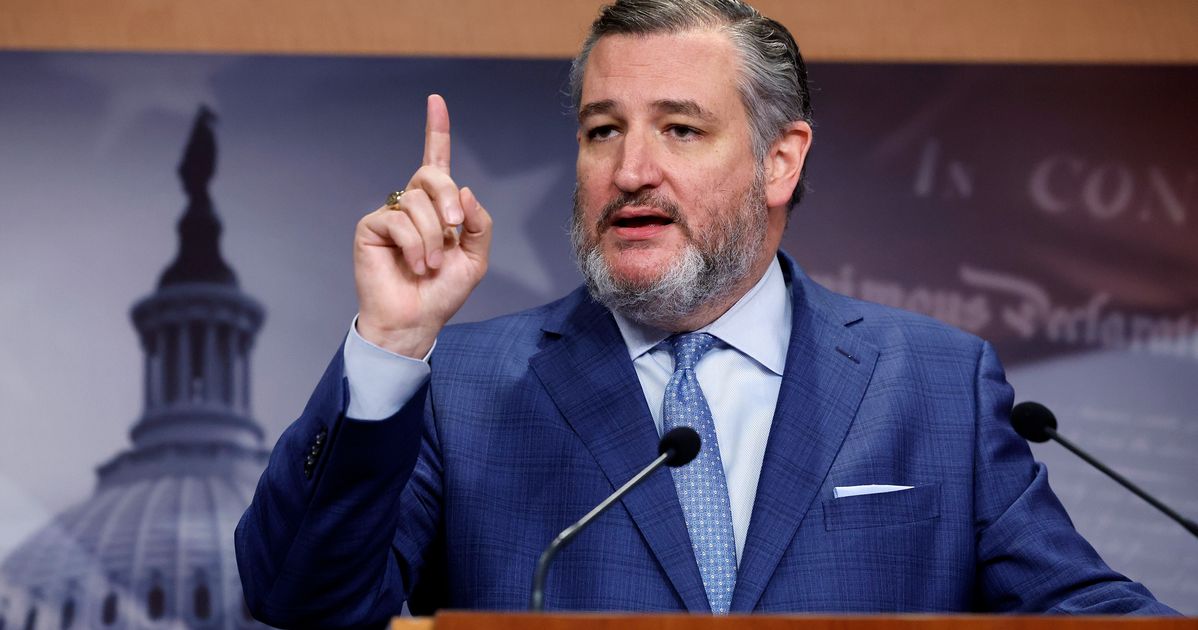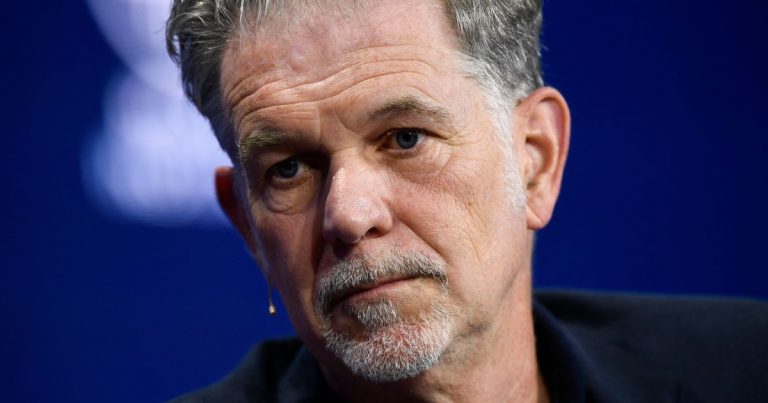Congress will vote on a rule to reduce heating bills.
**The Senate’s Decision on Gas Furnace Standards Sparks Debate**
The Senate is gearing up for a crucial vote this week on whether to repeal the first significant update to national standards for gas furnaces in over 40 years, a move that has stirred debate among experts. The decision could potentially save real estate developers and landlords a few hundred dollars, but at the same time, could cost ratepayers and renters thousands of dollars in heating bills due to wasted energy.
It is anticipated that a handful of Democrats may break ranks with the majority and team up with Republicans to pass legislation that would nullify the Department of Energy’s regulation. This regulation, which was finalized last September, mandates that manufacturers of gas furnaces must ensure that the least efficient models on the market today waste 15% less energy, leading to a reduction in carbon dioxide emissions and financial savings for ratepayers.
The upcoming vote, expected to take place as early as Tuesday evening, is likely to be followed by a similar bill in the House of Representatives. While the outcome of the vote may be largely symbolic, as President Joe Biden is expected to veto the legislation, it symbolizes the significant influence of fossil fuel companies in influencing policy decisions ahead of the upcoming presidential election.
Despite the record production and exports of U.S. oil and gas over the past four years, the sales of heat pumps have been surpassing those of gas furnaces, indicating a shift towards more energy-efficient alternatives. This transition poses a threat to gas utilities, prompting the sector to push back against the changes through various means.
Gas utilities have traditionally held monopolies over specific geographical areas, providing them with a captive market of ratepayers. The shift towards electric appliances challenges the status quo, forcing gas utilities to adapt by cutting costs, reducing investor dividends, and potentially raising prices for consumers.
Efforts to reduce America’s carbon emissions by replacing gas furnaces with electric alternatives have been supported by landmark climate-spending laws introduced by the Biden administration. The regulation under scrutiny focuses on improving the efficiency of gas furnaces to reduce energy waste rather than mandating a switch to electric heat pumps.
Manufacturers of both old and new models of gas furnaces have generally backed the updated efficiency standards proposed by the Energy Department. However, the rule faces opposition from prominent gas industry trade groups who have taken legal action to block its implementation.
The push to decarbonize buildings gained momentum in 2019, with cities like Berkeley, California leading the way by banning new construction from connecting to the gas system. Despite industry pushback and legal challenges, efforts to promote electric alternatives in building construction have persisted.
The debate surrounding gas furnace standards has drawn attention from environmental and consumer watchdog groups, who argue that the new regulations benefit renters and lower-income households. The transition to more efficient heating systems could lead to significant energy bill savings for consumers.
The upcoming Senate vote on gas furnace standards underscores the ongoing tension between traditional gas utilities and advocates for energy efficiency. The outcome of this legislative battle could have far-reaching implications for America’s energy landscape and climate goals.
As the debate unfolds, it remains to be seen how policymakers will navigate the competing interests of industry stakeholders, environmental advocates, and consumers in shaping the future of energy standards for gas furnaces.








